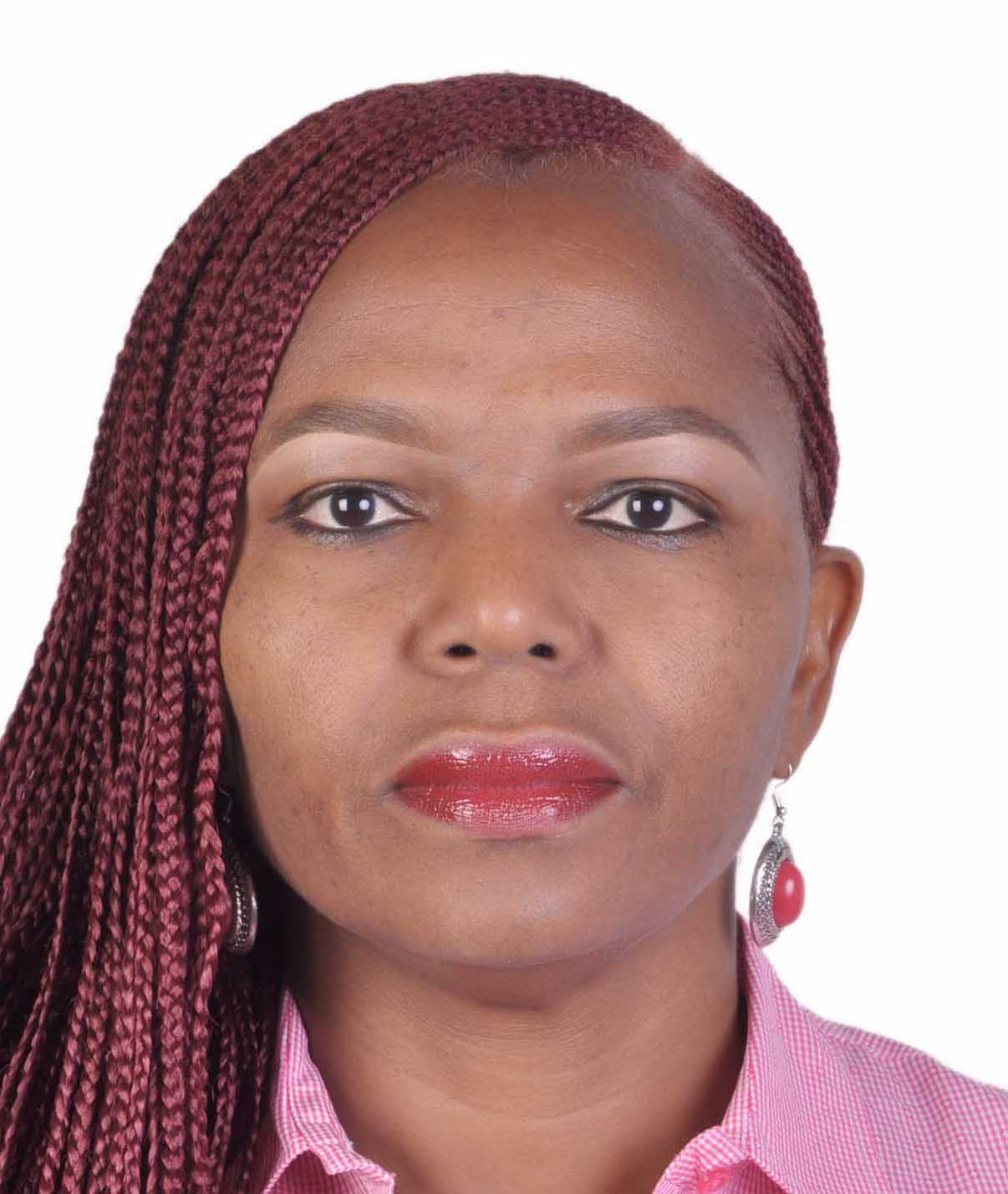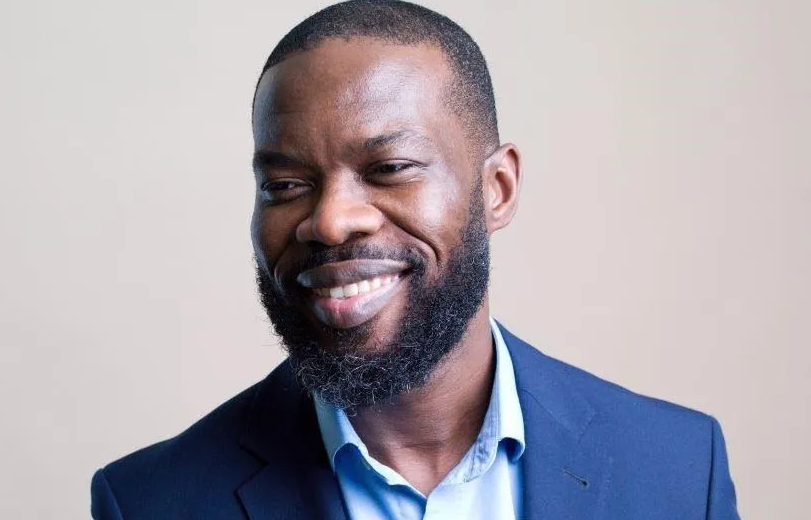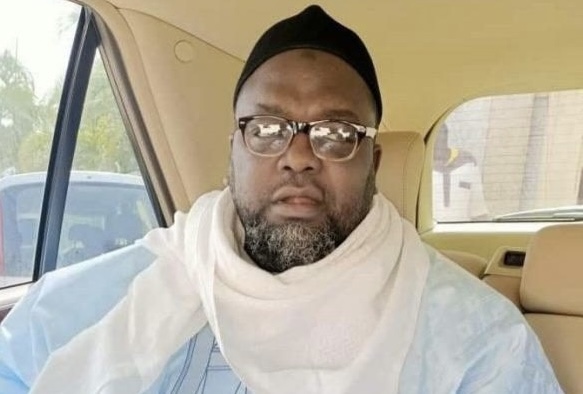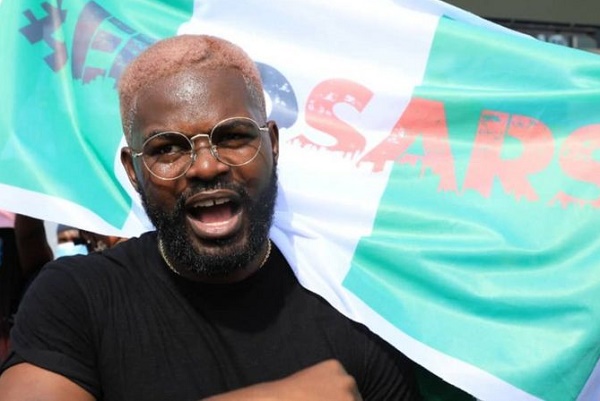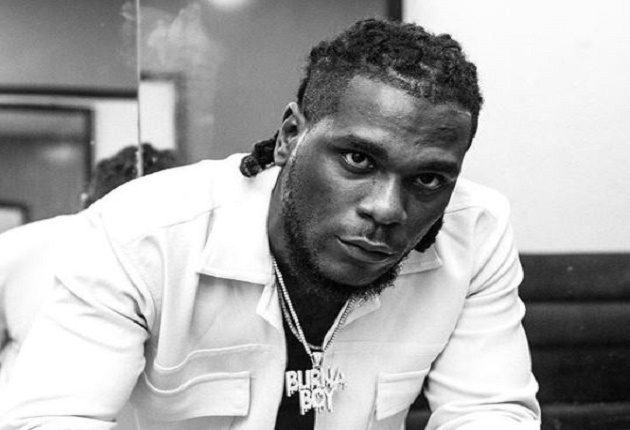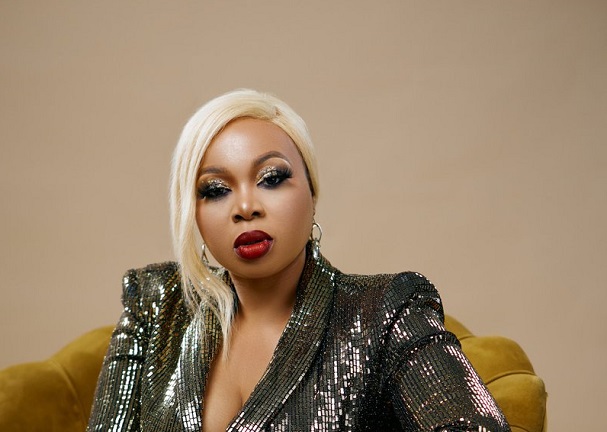On Monday, August 22, 2022, the Advertising Regulatory Council of Nigeria (ARCON), through a release signed by its director-general, Olalekan Fadolapo, announced the ban of foreign models on television or radio commercials. This, the release said, was “in line with the federal government’s policy of developing local talent, inclusive economic growth and the need to take necessary steps and actions aimed at growing the Nigerian advertising industry…” Who can argue with this? What’s wrong with “developing local talent” or taking “necessary steps” to grow “the Nigerian advertising industry”? There’s nothing wrong with a country planning to develop its talent or working to ensure that different sectors grow. All of those are lofty and commendable aspirations.
However, this decision by ARCON to ban the use of foreign models on TV and Radio commercials hasn’t stopped some foreign media like Newsweek magazine from misinterpreting it to be solely about banning white or non-Black models. In their minds, foreign in this case equals white. This is not factually correct. Even BBC News which thinks foreign accents have to be British or American, couldn’t help ruminating over the reasons they think the ban on foreign models won’t work: The summary of their views is that the ban is going to be difficult to implement because there are white people who live in Nigeria, who hold Nigerian passports and consider themselves Nigerians, and so on. There’s some bit that I think rather trivialised the issue further by reducing it to Nigerians’ supposed preference for foreign accents. They pointed to some Radio and TV presenters who choose to speak in real or fake foreign accents. There’s the idea that foreign accents are in high demand by Nigerians or something like that.
It would appear as if BBC News is conflating TV and Radio commercials with TV/Radio presenting. It’s doubtful if they took out the time to watch and listen to actual commercials on TV or Radio. There are more commercials with non-Nigerian Black models than white models. I remember the toothpaste ads with Black people who don’t look or sound Nigerian. Sometimes, it’s obvious that the models, though Black, have no idea or care about pronouncing Nigerian terms, or slangs or well.
As a former copywriter who has worked on brands like Royco, I don’t expect to see white models cooking traditional Nigerian food in a commercial. What would be the justification for picking a white person, out of millions of Nigerians, to show how to use Royco cubes in cooking traditional Nigerian foods? How realistic would this be for the target audience? Mind you, this doesn’t mean there are no naturalised white people who cook traditional Nigerian food. It’s just they’re not the models you’d expect to see. Which is why what brands tend to do more, is use non-Nigerian Black models, for cost reasons or profit margins. No one’s going to immediately notice or give a second look to a Black person cooking Nigerian food in a TV commercial, for instance. Well, discerning listeners and viewers soon notice the difference.
Advertisement
Nigeria can’t be the only country which seeks to grow its local talents. Or is it? Are you telling me Nigerian models can be used in any foreign commercial with no restrictions? So, how do other countries navigate issues of this nature? Even in the UK and the US, I have a feeling there are commercials you’re not going to see Black models in, whether they’re citizens of those countries clearly following what may be some unwritten rules. I know that in Ghana, for instance, there have been issues in the film industry about what foreign filmmakers can or cannot do. There are requirements that stipulate the inclusion of a specified percentage of Ghanaians as crew, work permits, etc. It’s not like Nigeria doesn’t have some of those laws but the issue is whether they’re implemented or even implementable. But I digress. I’m almost veering off my own points.
First off, I must clearly state that I have no issues with ARCON’s plans for “developing local talent.” Nor do I quarrel with their “necessary steps” to grow “the Nigerian advertising industry.” My issue is with the way the press statement is worded, why use the word ‘ban’? Could ARCON encourage brands to use local talents by providing incentives for doing so? Or could ARCON for instance, stipulate a percentage of local talent for commercials? Mind you, there are already all kinds of local content requirements in broadcasting which isn’t always adhered to. If these don’t work, could ARCON attempt to discourage brands from using only foreign models by adding extra taxes or fees to commercials produced outside Nigeria, or commercials with foreign models? I’m assuming that ARCON as the regulator has access to all TV and Radio commercials before they are aired. Needless to state, the provision of the necessary enabling environment by Nigeria, ought to be taken for granted. You can’t compel people to use local talent, patronise local service providers if even the most basic facilities are absent.
All said I am most concerned about the sustainability of this ARCON’s proposed ban which takes effect from October 1. For this ban on foreign models to be effective, other sectors in the country also need to be complying with the development of local talent and the growth of different Nigerian industries. Why is it important to develop local talents in advertising and not medicine for instance? Why do top Nigerian government officials like President Buhari prefer foreign hospitals and doctors for the smallest of ailments? In spite of the fact that then-candidate Buhari promised during his 2014/2015 presidential campaigns not to engage in medical tourism, in 2017, Buhari spent over 3 months in the UK for medical treatment. Do you think this helps to grow Nigeria’s medical sector? Almost every self-respecting doctor is now leaving or planning to leave Nigeria.
Advertisement
And what about education? Don’t we need to develop our local teachers? Why don’t we have laws or policies which stipulate that children of public officials must all attend Nigerian public schools (even private schools in Nigeria are welcome)? Perhaps, we wouldn’t have the ASUU (Academic Staff Union of Universities) lingering strike going on its 7th month. I could go on. Another case where government prefers to go foreign is their use of media. Top government officials, especially President Buhari prefer to speak to foreign media. Shouldn’t we grow the printing and broadcast industries? The fact is we can’t ban our way to growth. Yet, we don’t ban the importation of refined petroleum products, we even include the opaque fuel subsidy. Why can’t we ban the importation of refined fuel to help our local oil industry? In any case, how helpful was the 16-month border closure (albeit effective only in the southern part of Nigeria) in 2019, in encouraging local rice farming? Depending on who you ask especially President Buhari, Nigeria now has so much local rice, that it has become a big exporter of rice. Except that poverty and food shortages are on the rise.
It looks like ARCON must find another way to develop local talent and grow the advertising industry. That’s going to be more sustainable than banning the use of foreign models. Plus, the potential fallout from this planned ban could be other countries also banning the use of Nigerian models.
Add a comment
